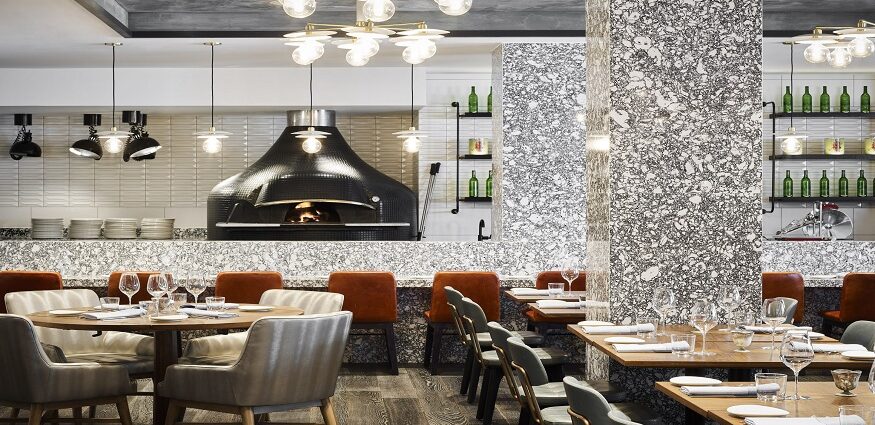Luxury retailers, high-end restaurants, fine dining restaurants and high-end travel agencies are all trying to attract and engage wealthy Chinese tourists visiting their country. As illustrated above, the size and earning potential of this audience dwarfs most other consumer segments.
A winning sales and marketing strategy to engage with affluent Chinese tourists requires luxury brands to have impact at two critical phases:
In the next section, you’ll learn specific tactics that can be applied throughout the Chinese traveler’s buying journey and uncover key drivers of affluent Chinese consumer behaviors.
Planning and preparation phase: your brand discovery begins in China restaurants.?
Affluent Chinese tourists often take a long time to plan their vacations in advance. Booking their flights and hotel rooms is just the start. Chinese travelers will often select the restaurants where they will eat during their trip while browsing online at home before their departure.
For the vast majority of Chinese tourists, the research phase will begin on the brand’s website but also on social networks, travel blogs and We Chat.
We Chat for Luxury Brands7 Tips to Reach Affluent Chinese Tourists restaurants.
Your website must be accessible and usable in Mainland China and Mandarin
Although it may seem obvious, the successful creation and maintenance of a brand website for a Chinese audience is often poorly executed by international brands.
Ensuring your content is translated and localized into Mandarin is just the first step. You also need to make sure your site is available from mainland China.
Since planning every detail of their itinerary is essential for affluent Chinese tourists, you should ensure that you have a store locator with a map service that can also be used in China. Most luxury brands tend to use Google map for their store locator, but this option will not work for your users in mainland China.
Your store locator should include both your stores in China and overseas, ideally with a feature to suggest directions. You should also include an option to print your store maps in Mandarin and the local language of the country of the store. This way, your Chinese consumers can provide the printed card to their taxi driver when they don’t speak the local language. Details on the potential presence of Mandarin-speaking staff in your stores should also be included.
Build your brand awareness on We Chat
We Chat is by far the most popular messaging app in China. It reached 1 billion monthly active user accounts in March 2021-2022. [13] The app, first launched in 2011 by Tencent, has become more than just a messaging app. We Chat now acts as a central hub for the digital life of most Chinese consumers. They use it to communicate, of course, but also to pay their bills, buy goods and services, or book restaurants and cinema tickets.
In fact, 83% of all smartphone users in China use WeChat. This number jumps to 93% in China’s Tier 1 cities. Put simply, you can’t have a successful omnichannel marketing campaign in China without having a presence on WeChat.
Work with Chinese social media influencers
Social media influencers and Key Opinion Leaders (KOLs) have proven effective in increasing awareness of luxury brands over the past few years. Chinese influencers are no exception and their role is particularly important when trying to appeal to a wealthy clientele that aspires to an international lifestyle.
Asking a Chinese influencer to post a photo of them in your store or with your product while traveling overseas can generate instant brand awareness. High-end fashion brands have already seized the opportunity by inviting Chinese KOLs to their shows and giving them exclusive preview access to their new collections.
Think Search Optimization and Baidu Advertising, Not Google
Baidu is the dominant search engine in China with over 70% of all domestic search queries made to the site. The rules that appear at the top of Baidu’s search results page are different from Google’s.
If you have a large marketing budget and a long-term horizon, you should regularly invest in your SEO and grow your organic traffic with Baidu. Along with the obvious translation of your content into Mandarin, you’ll need to host your website on a Chinese server for speed and accessibility.
It is important to note, however, that Baidu does not limit the number of advertisements that will appear at the top of its search results. Unlike Google, it is common on Baidu to have the entire first page of search results containing advertisements exclusively.

